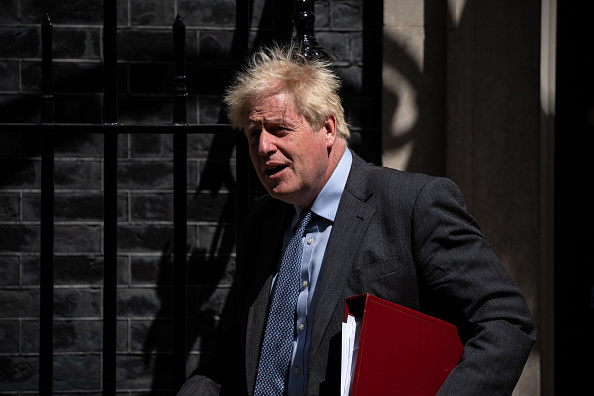Johnson making ‘a mockery’ of Ministerial Code, says outgoing adviser Lord Geidt

Boris Johnson is making “a mockery” out of the government’s Ministerial Code, according to the Prime Minister’s outgiong ethics adviser.
Lord Christopher Geidt wrote that he was put in an “impossible and odious position” this week, when asked to defend what he saw as deliberate breaches of the code, which led to him quitting his position last night.
It was not made clear in Geidt’s letter what the position was, however the PM said in a letter to Geidt that it related to “potential future decisions related to the Trade Remedies Authority”.
It is believed that the dispute may be over the UK’s decision to extend tariffs on Chinese steel exports, despite the recommendations by the Trade Remedies Authority to the contrary.
Number 10 today would not give a clear answer as to what issue Geidt was talking about, but said that “it might be seen to conflict with obligations we have internationally”.
In a resignation letter to Johnson, Geidt said he thought it was “possible to continue credibly as independent adviser, albeit by a very small margin” after the PM received a police fine for breaking Covid rules.
“This week, however, I was tasked to offer a view about the government’s intention to consider measures which risk a deliberate and purposeful breach of the Ministerial Code. This request has placed me in an impossible and odious position,” he wrote.
“My informal response on Monday was that you and any other minister should justify openly your position vis-à-vis the code in such circumstances. However, the idea that a Prime Minister might to any degree be in the business of deliberately breaching his own code is an affront.
“A deliberate breach, or even an intention to do so, would be to suspend the provisions of the code to suit a political end. This would make a mockery not only of respect for the code but licence the suspension of its provisions in governing the conduct of Her Majesty’s ministers.”
Johnson replied in a letter of his own that “my intention was to seek your advice on the national interest in protecting a crucial industry, which is protected in other European countries and would suffer material harm if we do not continue to apply such tariffs”.
“It would be in line with our domestic law but might be seen to conflict with our obligations under the WTO,” Johnson said.